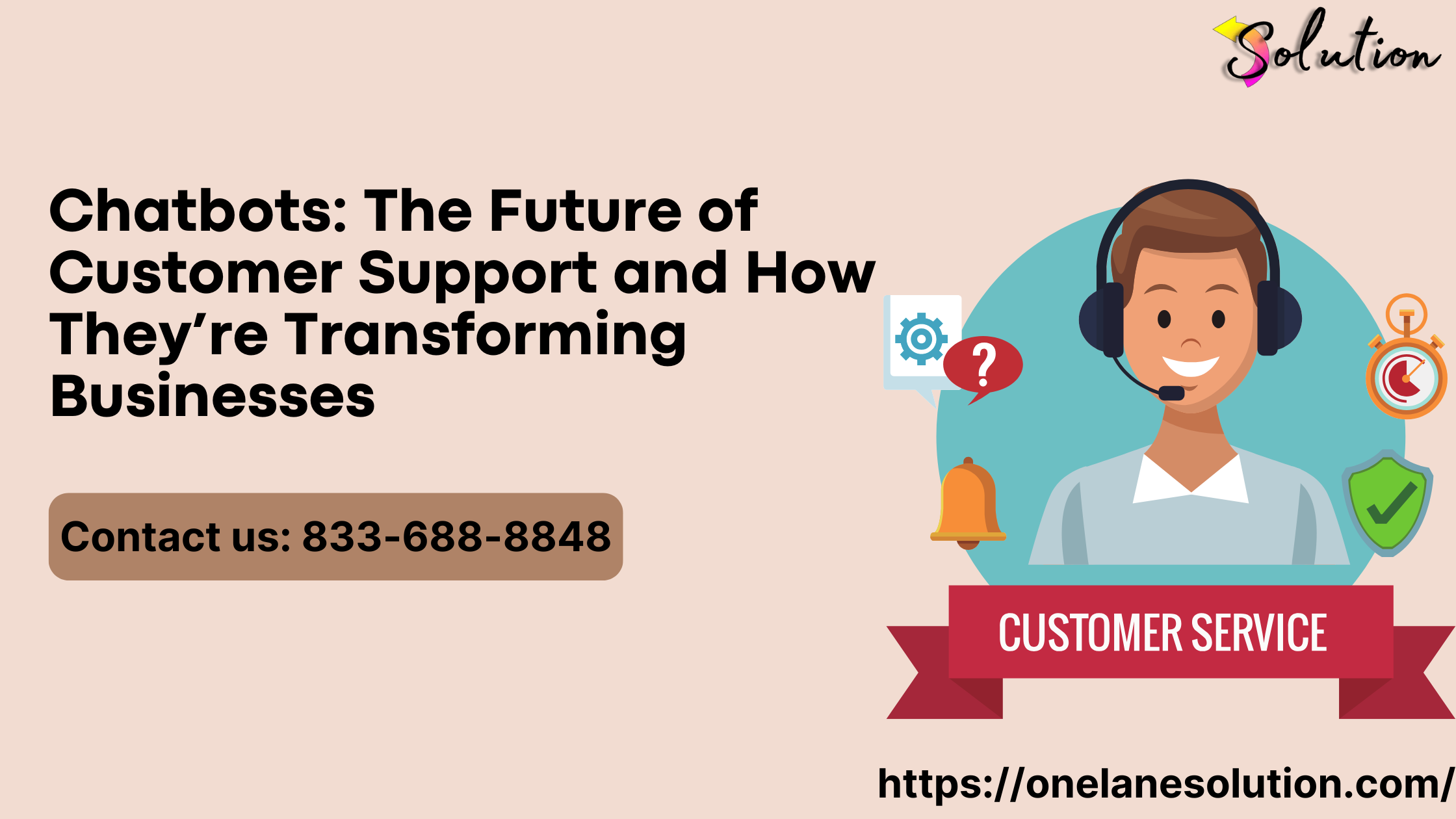
In the modern digital economy, The Future of Customer Support—they expect experiences that are tailored to their unique needs, preferences, and behaviors. As a result, personalization is rapidly becoming the defining feature of exceptional customer support. In a world where competition is fierce and customer loyalty is fragile, companies that prioritize personalized support gain a significant competitive edge.
The Evolution of Customer Expectations
Over the past decade, we’ve seen a dramatic shift in how customers interact with businesses. Generic responses and one-size-fits-all support strategies are no longer acceptable. Today’s customers want:
-
To be recognized as individuals, not ticket numbers
-
Quick, relevant solutions based on their history
-
Omnichannel consistency in every interaction
Personalized customer support not only meets these demands—it builds trust, fosters loyalty, and drives long-term value.
What is Personalized Customer Support?
Personalized customer support means delivering tailored solutions, recommendations, and communication based on a customer’s:
-
Purchase history
-
Support history
-
Behavior and preferences
-
Demographics and location
-
Communication style and sentiment
Rather than treating every inquiry the same, personalization ensures that each customer feels heard, understood, and valued.
The Business Impact of Personalization
The benefits of personalization in customer support go far beyond customer satisfaction:
-
Higher retention rates: Customers are more likely to stick with brands that understand them.
-
Increased lifetime value: Tailored upsell and cross-sell opportunities boost revenue.
-
Faster resolution times: When agents have context, they solve problems more efficiently.
-
Better brand perception: Personalized support feels human and builds emotional connections.
A report by Epsilon found that 80% of consumers are more likely to do business with a company that offers personalized experiences. In short, personalization isn’t just a trend—it’s a growth driver.
Key Elements of a Personalized Support Strategy
1. Unified Customer Profiles
To personalize support, companies must build complete customer profiles using data from:
-
CRM systems
-
Ecommerce platforms
-
Support ticket histories
-
Social media and chat interactions
These profiles offer agents and automated systems real-time access to a customer’s journey, ensuring relevant and timely responses.
2. Intelligent Routing and Automation
Modern customer support platforms use AI to route inquiries to the right person or bot based on:
-
Customer sentiment
-
Issue type
-
Priority level
-
Agent expertise
This makes personalization fast, scalable, and efficient—even in high-volume environments.
3. Contextual Conversations
Agents equipped with the right tools can see:
-
The customer’s recent activity
-
What products or services they use
-
Any unresolved issues
This allows them to greet the customer by name, reference past interactions, and resolve issues without repetition.
4. Proactive Support
Personalized support isn’t limited to responses. Businesses can now anticipate needs and solve issues before they happen, such as:
-
Notifying users of potential issues based on usage behavior
-
Offering how-to guides for recently purchased products
-
Sending reminders or updates based on customer preferences
Proactive outreach shows customers that you care about their success, not just their problems.
AI and Machine Learning: The Power Behind Personalization
Artificial Intelligence (AI) and Machine Learning (ML) are central to the personalization revolution. These technologies can:
-
Analyze massive datasets to detect patterns in customer behavior
-
Recommend tailored solutions or articles during support interactions
-
Provide agents with next-best-action suggestions in real time
-
Customize chatbot conversations based on user profiles and intent
This level of personalization is impossible to achieve manually at scale, making AI an essential tool for the future of support.
Personalization in Omnichannel Support
Customers interact with brands across multiple channels—email, chat, phone, social media, and more. True personalization means delivering a seamless experience no matter where the interaction happens.
Key strategies include:
-
Unified messaging platforms that track conversations across channels
-
Consistent voice and tone tailored to each customer
-
Real-time synchronization of customer data across systems
Omnichannel personalization eliminates friction and makes every touchpoint feel connected and purposeful.
Privacy and Trust: The Personalization Balancing Act
While personalization offers clear benefits, it also raises concerns around privacy and data security. Customers are increasingly aware of how their data is used and expect businesses to:
-
Be transparent about data collection practices
-
Provide clear opt-ins and consent options
-
Protect sensitive information with robust security measures
Personalization must always be ethical and respectful, with a strong emphasis on customer trust.
Real-World Examples of Personalized Support
Amazon
Uses customer data to offer personalized recommendations, proactive shipping updates, and seamless returns. Their customer service is context-aware and solution-oriented.
Spotify
Provides personalized support based on listening history and subscription tier, making issue resolution and upselling feel natural.
Zappos
Known for their deeply personalized customer service, Zappos empowers agents to build rapport and go the extra mile, creating loyal brand advocates.
The Future: Hyper-Personalized, Predictive Support
Looking ahead, the future of personalized support includes:
-
Predictive issue detection using AI and IoT data
-
Emotionally intelligent bots that adjust tone and content dynamically
-
Tailored product education and onboarding experiences
-
Dynamic help centers that auto-adapt to each user
Read Also:- The Power of Customer Reviews
These innovations will enable support teams to provide hyper-personalized experiences that feel intuitive, seamless, and human.